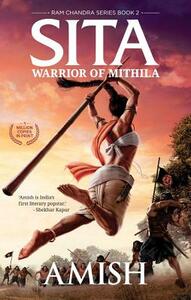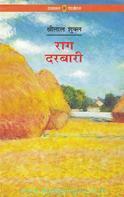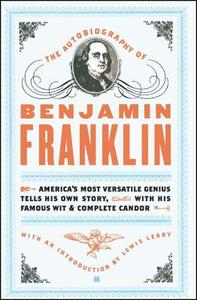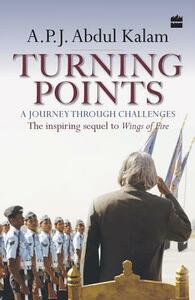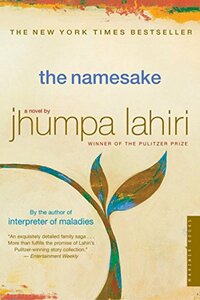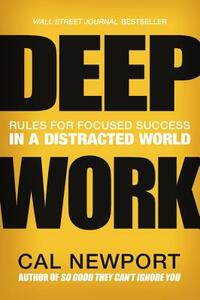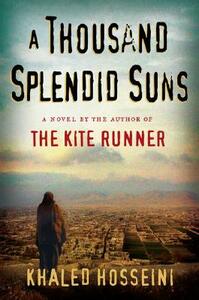You need to sign in or sign up before continuing.
Take a photo of a barcode or cover
prateekdwv's Reviews (52)
When Atal Ji offered Presidency to Dr Kalam, saying a Yes was not easy for him. Reason? What I could make out of little I have read about him in the prequel of this book and in this book as well was that he was not credulous and knew what 'responsibility' in a true sense means.
Kalam Ji believed in his conscience and his conscience was strong. He refused a position in Cabinet ministry because he was engaged in a project that was of national importance. But contested for presidency election so as to take his vision of India 2020 to a greater height.
We all have to choose. Choose between one thing or the other. Important is how much clear we are on our priorities. This was my favourite take away from this book.
Kalam Ji believed in his conscience and his conscience was strong. He refused a position in Cabinet ministry because he was engaged in a project that was of national importance. But contested for presidency election so as to take his vision of India 2020 to a greater height.
We all have to choose. Choose between one thing or the other. Important is how much clear we are on our priorities. This was my favourite take away from this book.
The Namesake was on top of my recommended list for a very long time. Mere thoughts of reading a book that has been praised all around the world and decorated with so many prestigious awards filled me with excitement and expectation.
Fast forward 50 pages and I was already impressed with a different writing style I was reading. I have read few book with a similar narration style but none of them flowed as smoothly as this one did. I am sure monotonous is not the right word because it is taken negatively most of the time. However, I found the narration calm. Even sudden death of Ashoke was presented in such a flow then I had to take pause and ponder to realise that no matter how much stormy the lives of characters might be, the narration was tranquil. Separation of Gogol and Moushumi is another example of the beauty with which the story was written.
Saying all this, I still could not give more than 3 stars to this book. The story lacked a reason to continue, it was not captive. For instance, taking a cab rather than walking down few blocks (or other way round) makes little sense to have in a story when nothing interesting is to happen right after. Every now an then everyone make such decision, and these bits play a trivial role in the entire context other than adding few pages.
Comparision of two different families (Ganguli's and Ratliff's) from different cultures was, in my opinion, the worst of all things I didn't like. An attempt to sabotage one culture was made for a good part of this book. Which was sounding odd with such a calmness in the narration.
Fast forward 50 pages and I was already impressed with a different writing style I was reading. I have read few book with a similar narration style but none of them flowed as smoothly as this one did. I am sure monotonous is not the right word because it is taken negatively most of the time. However, I found the narration calm. Even sudden death of Ashoke was presented in such a flow then I had to take pause and ponder to realise that no matter how much stormy the lives of characters might be, the narration was tranquil. Separation of Gogol and Moushumi is another example of the beauty with which the story was written.
Saying all this, I still could not give more than 3 stars to this book. The story lacked a reason to continue, it was not captive. For instance, taking a cab rather than walking down few blocks (or other way round) makes little sense to have in a story when nothing interesting is to happen right after. Every now an then everyone make such decision, and these bits play a trivial role in the entire context other than adding few pages.
Comparision of two different families (Ganguli's and Ratliff's) from different cultures was, in my opinion, the worst of all things I didn't like. An attempt to sabotage one culture was made for a good part of this book. Which was sounding odd with such a calmness in the narration.
दिल्ली ने आगरा से तक़रीबन 200 साल पहले एक क़र्ज़ लिया. ऐसा क़र्ज़ जिसको शायद हमारे देश की आने वाली सेकड़ो पीढ़िया न चूका सकेगी. उस क़र्ज़ का नाम है मिर्ज़ा ग़ालिब. गुलज़ार साहब के कलम से लिखी हुई ग़ालिब चचा की जीवनी पड़ते हुए न जाने कब, में भी उस क़र्ज़ का भागीदार बन गया.
Loosely translates into -
Nearly 200 years ago Delhi took a loan from Agra. A debt that our next hundred generation will find difficult to pay off. The name of that loan is Mirza Ghalib. Somewhere in between reading this biography and finishing it, I become a part of this debt.
Good poets never become popular they become immortal. Ghalib, one of them, knew this mortal world more than anyone of his time. This book made me realize this. And when I realized it, I stopped regretting that his lineage ended with him leaving this world.
Loosely translates into -
Nearly 200 years ago Delhi took a loan from Agra. A debt that our next hundred generation will find difficult to pay off. The name of that loan is Mirza Ghalib. Somewhere in between reading this biography and finishing it, I become a part of this debt.
Good poets never become popular they become immortal. Ghalib, one of them, knew this mortal world more than anyone of his time. This book made me realize this. And when I realized it, I stopped regretting that his lineage ended with him leaving this world.
